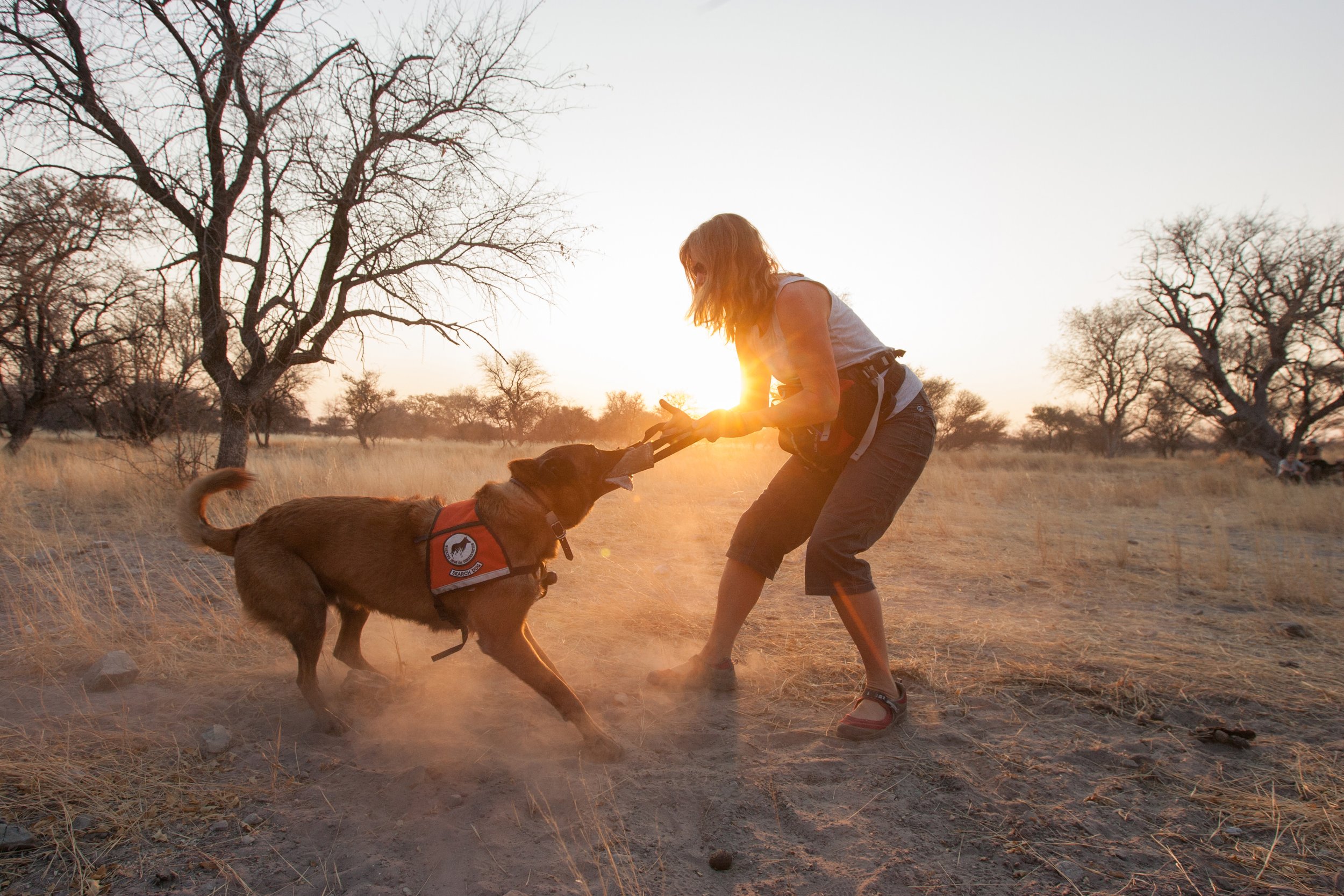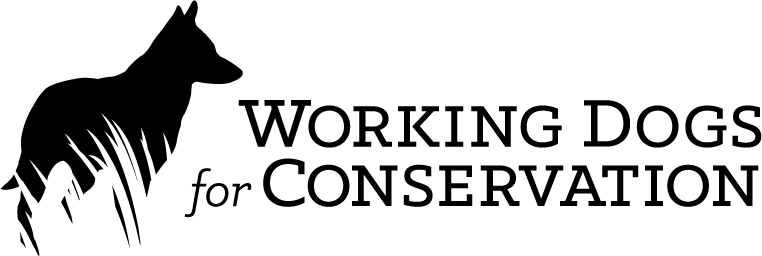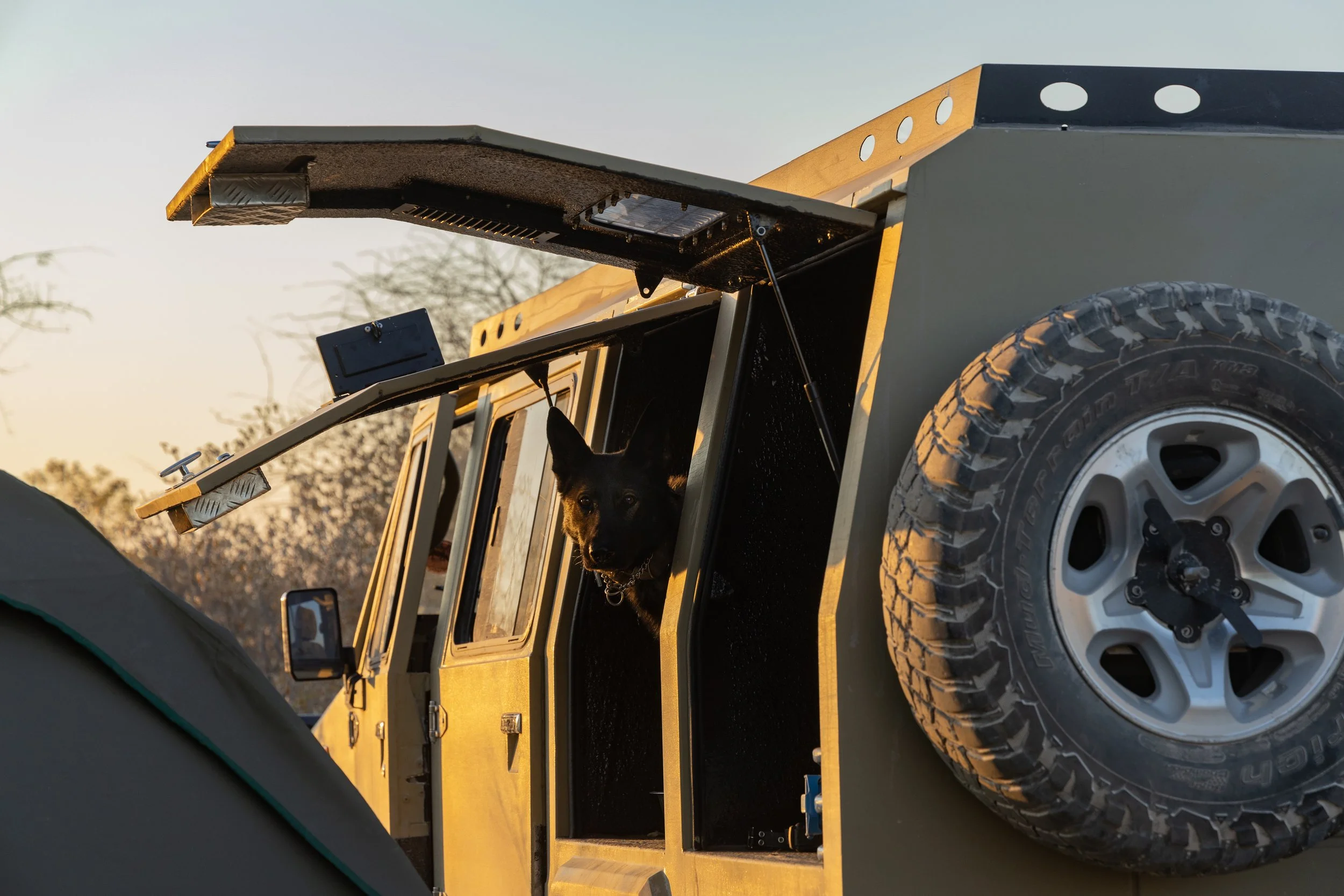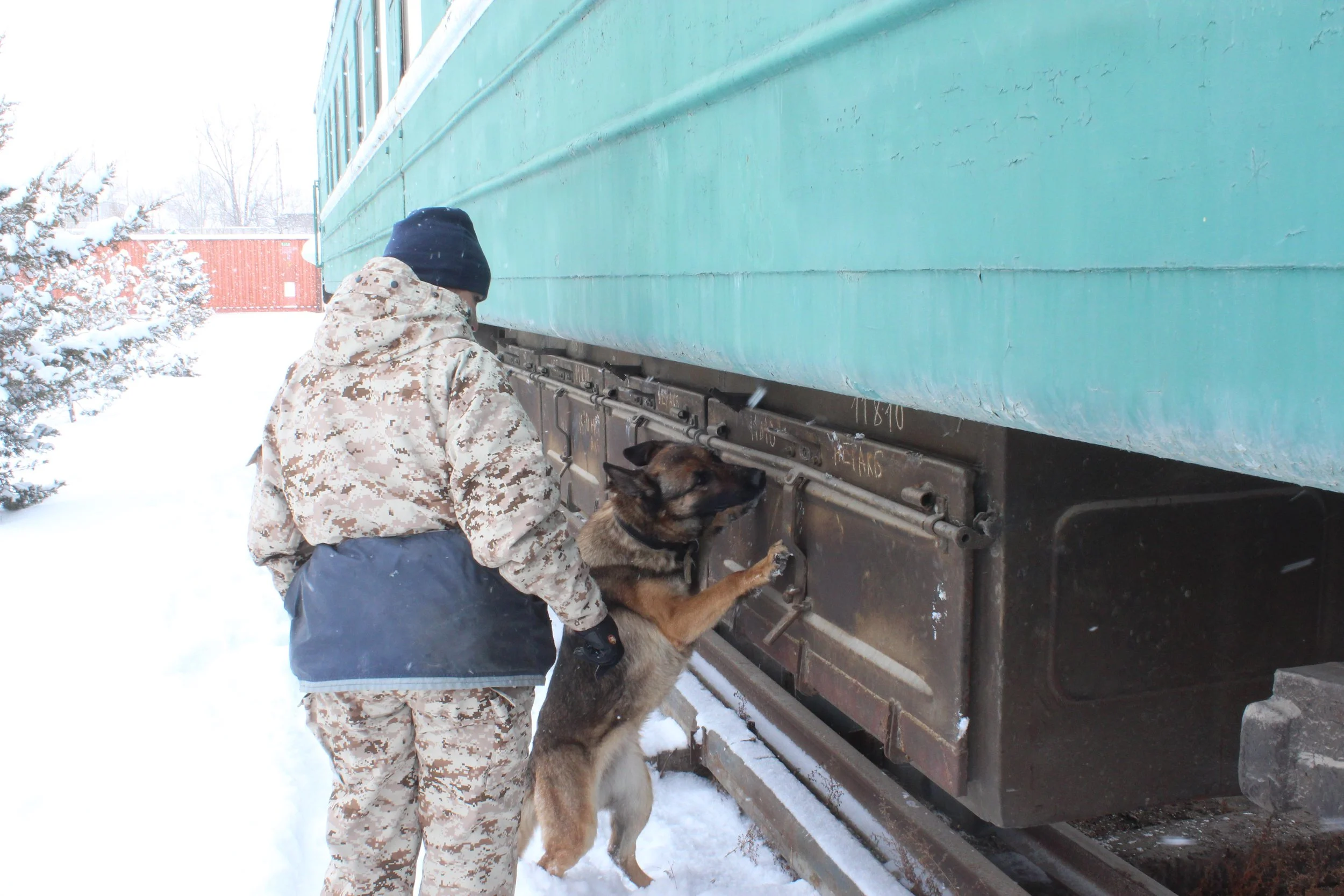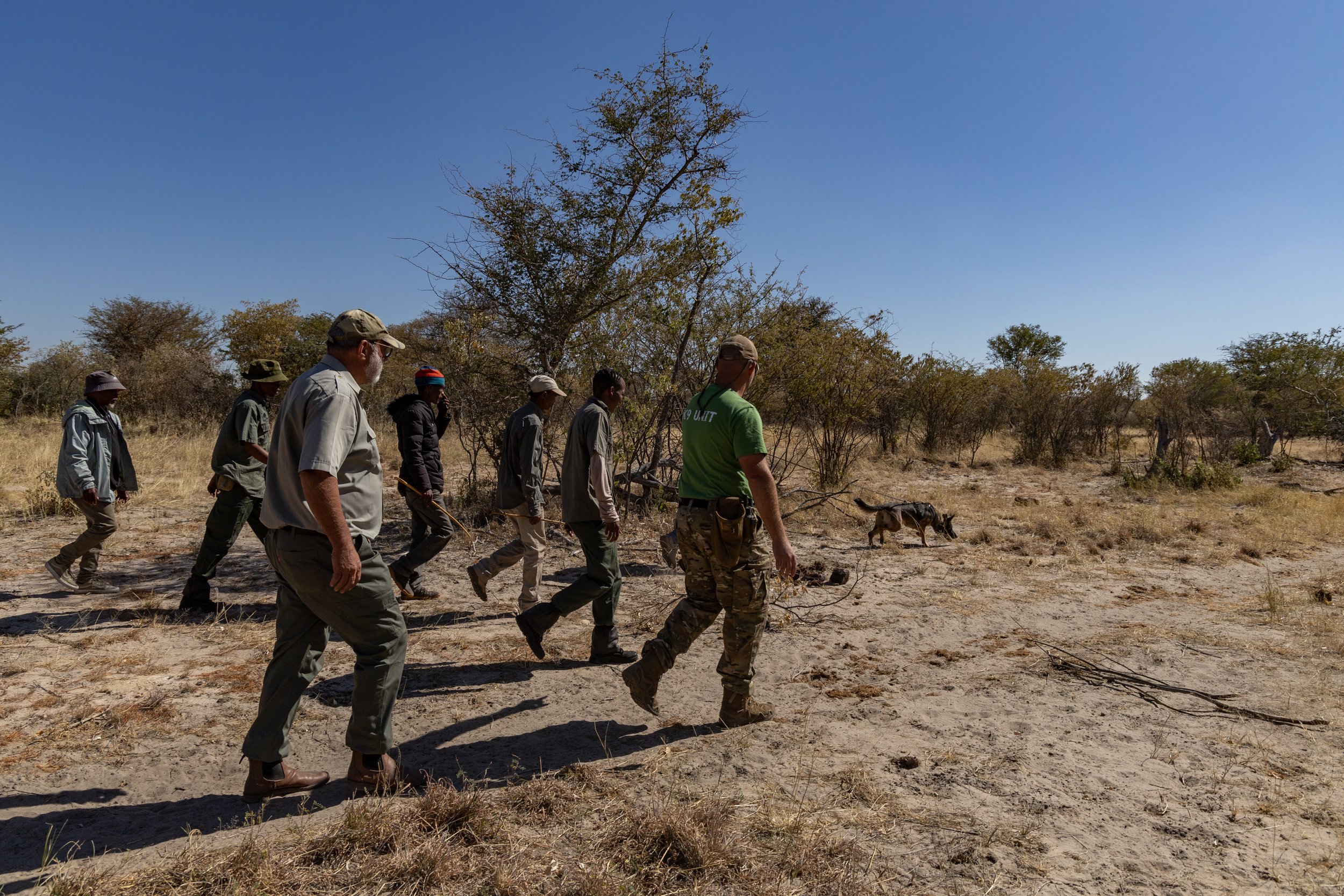
Ending Wildlife Crime
WD4C trains and deploys dogs in the US and abroad. For our wildlife law enforcement work, we also consult, mentor, collaborate, and train with over 200 dogs and handlers in more than 15 countries and a dozen US States.
From preventing poaching through detection of weapons and ammunition before animals are poached to tracking illegal hunters on foot, to disrupting the flow of wildlife contraband in vehicles, parcels, or even containers, WD4C dogs and staff are key players in putting a stop to wildlife crime.
Our anti-trafficking programs began in Zambia’s Luangwa Valley. During our work monitoring lion, cheetah, and wild dogs, we saw the victims of poaching firsthand: elephants shot for ivory, rhinos killed for their horns, and countless animals caught in vicious snares. We knew our dogs could help.
No matter where in the world our dogs work, we monitor their health and well-being closely and retain the right to bring a dog home at any time, for any reason. WD4C dogs remain a part of our pack for life, and if they are ever hurt, lose interest, or find themselves ready to retire, we have a soft couch waiting for them.
Thank you to Dr. Jane Goodall, for sharing about Working Dogs for Conservation and our collaborative anti-poaching efforts deploying rescue dogs!
ENDING WILDLIFE CRIME PROJECTS
-
CENTRAL ASIA ANTI-TRAFFICKING TRAINING
Our dogs detect wildlife contraband in Kazakhstan and the Kyrgysz Republic
-

ZAMBIA ANTI-POACHING PROGRAM
Our dogs have found poaching contraband that law enforcement would never have discovered without them
-

TANZANIA ANTI-POACHING EFFORTS
WD4C has created a canine law enforcement unit in the western portion of the Serengeti ecosystem
-

SAVING RHINO IN NAMIBIA
Stopping poaching in Namibia with the integration of technology and a revolutionary K9 unit collaboration
RESOURCES
When we’re not in the field, we are developing resources to help handlers around the world adopt best practices. We focus not only on direct conservation by getting our dogs on the ground, but also focus on impact by collaborating with key partners to expand this work and share our experience and skills through community and connection.
Two examples related to law enforcement include our roles in helping to build the Conservation Canine Officers Association (CCOA) here in the United States and the Conservation Detection Dog Network (CDDN) in Africa. The CDDN united over 200 canine handlers to share training, care protocols, and more.
Below are two reports as examples of additional supportive programming.
